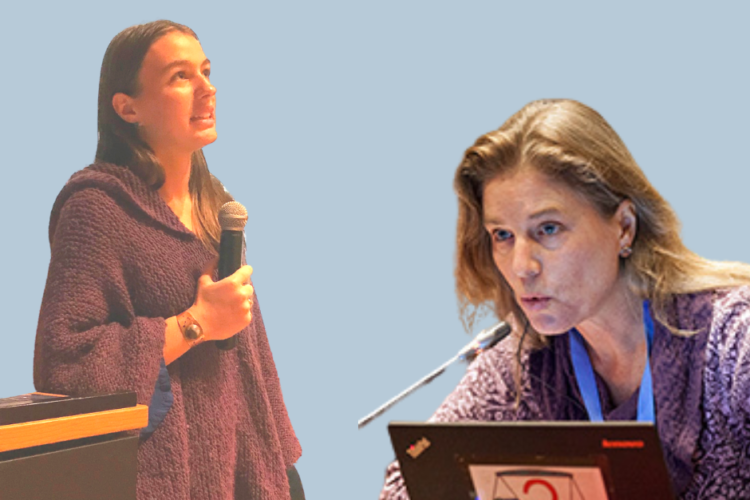Statement to ECOSOC on Science, Technology, and Innovation

Statement to the High Level Segment of ECOSOC on Science, Technology and Innovation and the Potential of Culture for Promoting Sustainable Development and Achieving the Millennium Development Goals
Science, technology, and innovation are moving ahead rapidly without due caution. Unintended consequences are being ignored, as the world was recently reminded by the nuclear engineering nightmare in Japan. Geo-engineering, genetically engineered agriculture and trees, biofuels, nanotechnology, and synthetic biology are all adaptive means of attempting climate stabilization. These developments are complex and there are varied perspectives on the hoped-for benefits and potential harms of new applications in these fields. Science and technology are seen by some as driving growth in the world and when applied to agriculture, energy creation, and health, will reduce poverty and address the millennium development goals. However, as science and technology move ahead many of the ethical and social considerations are largely ignored. Observing that these new science and technology applications are in the hands of corporations, people have little opportunity for input. Civil society and democratic Governments often appear to have limited influence on decisions about the use of science; increased capacity and involvement of both is important for science to be used for the benefit of society. Quakers from all over the world met in 2012 at Kabarak University, near Nakuru, Kenya and agreed on a document, The Kabarak Call for Peace and Ecojustice which dedicates the Religious Society of Friends (Quakers) worldwide to “cooperate lovingly with all who share our hopes for the future of earth.” Science is rooted in a deep respect for the laws of nature. We must also learn from do-it-yourself local initiatives, indigenous knowledge, and traditional mitigation strategies.
Two of the recommendations made to national Governments, the Commission on Science and Technology for Development and the United Nations Conference on Trade and Development in the 2009/08 ECOSOC Resolution on Science and Technology for development are:
2 (a) (ii) Formulate and implement policies and programs to:
e. Promote research and development in scientific, technological and engineering fields, which supports, inter alia, grass-roots food production and entrepreneurial activities of the rural population;
2 (b) (i) The Commission on Science and Technology for Development is encouraged to:
a. Identify critical gaps in the “innovation system” understanding.
As the High-Level Segment of ECOSOC considers the implementation of these recommendations, QEW provides the following questions for reflection:
How can the benefits of any science and technology innovations be applied in an equitable way, a way that serves the common good and reflects the values in that common good?
How can the precautionary principle be adhered to so that any damaging and potentially disastrous consequences to ecosystems and social systems can be foreseen and forestalled?
Are there zones of organic processes and ecological relationships that should be ethically off-limits for science, technology, and innovation?



